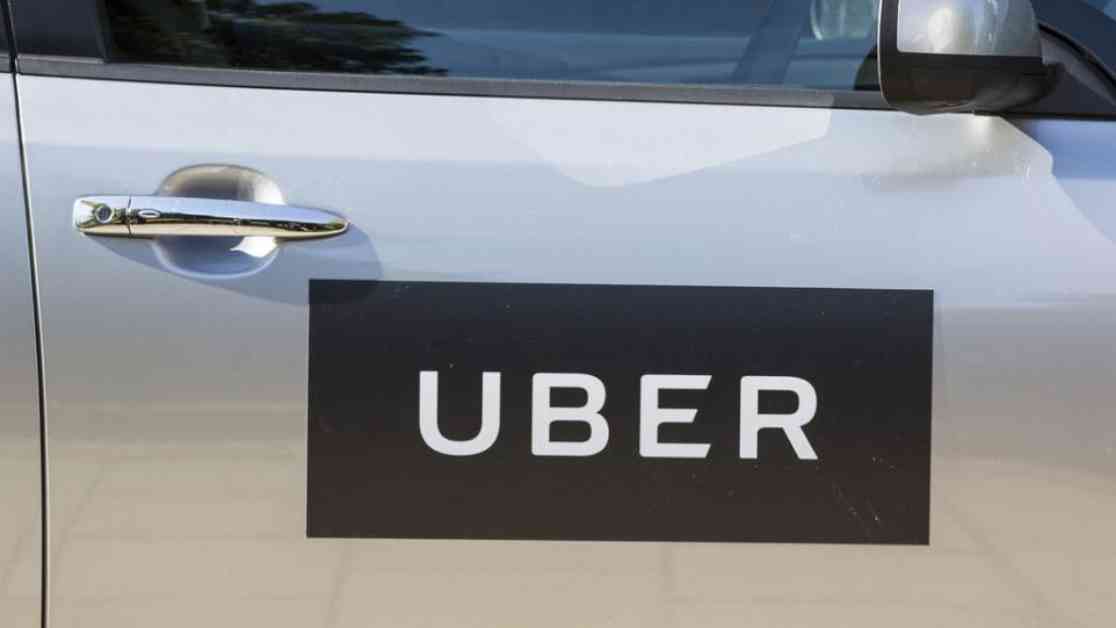Uber Driver Denied Work Permit in Glasgow After Endangering Child
An Uber driver, Abdul Kargbo, who was found guilty of assaulting a child by hanging them on a door has been denied permission to work in Glasgow by licensing chiefs. The city’s licensing committee heard that Kargbo was convicted on three charges of assaulting a child and was sentenced to nine months in prison.
Police Objection and Denial of License Renewal
Police Scotland objected to Kargbo’s bid to renew his private hire car and private hire car driver’s licenses, citing that he is not a “fit and proper person” to hold such permits. The committee heard from Police Scotland that Kargbo had been convicted in March 2023 on three charges of assault with a child aggravation.
An inspector revealed that the incidents took place between January 2012 and September 2016 and included striking a child with a cable, belt, or similar item, as well as hitting and dragging them. The most alarming incident involved Kargbo hanging a child on a door, leading to his imprisonment for nine months.
Driver’s Defense and Committee Decision
During the hearing, Kargbo denied the allegations against him, claiming they were “false” and that he is a “good person.” He emphasized his track record as a taxi driver with zero complaints, fights, arguments, or points on his license. Kargbo stated that he had completed over 40,000 trips as an Uber driver and maintained a high rating throughout his tenure.
Despite Kargbo’s assertions, the licensing committee, chaired by Cllr Alex Wilson, SNP, ultimately rejected both of his license renewal applications. Wilson expressed concern over the severity of the charges against Kargbo and questioned his character, leading to the decision to deny him the opportunity to work as an Uber driver in Glasgow.
Implications and Public Safety Concerns
The case of Abdul Kargbo raises significant concerns about the safety of passengers, particularly children, using ride-sharing services like Uber. The fact that Kargbo was able to continue driving for the company despite his criminal convictions highlights potential flaws in the background check and monitoring systems employed by Uber.
It is essential for licensing authorities and companies like Uber to prioritize the safety and well-being of passengers by conducting thorough background checks on drivers and taking swift action in cases where drivers are found to pose a risk to the public. The denial of Kargbo’s work permit in Glasgow serves as a reminder of the importance of upholding standards of conduct and accountability in the transportation industry.
In conclusion, the decision to deny Abdul Kargbo permission to work as an Uber driver in Glasgow sends a clear message that actions endangering the safety of passengers, especially children, will not be tolerated. It is crucial for licensing authorities and companies to prioritize public safety and uphold strict standards of conduct to ensure the well-being of all passengers utilizing ride-sharing services.















